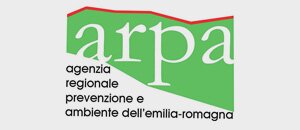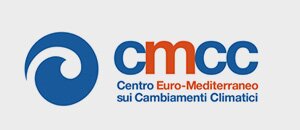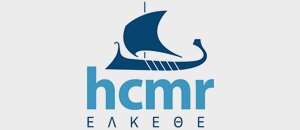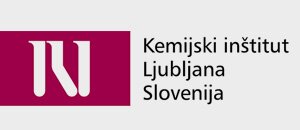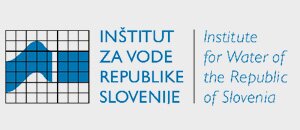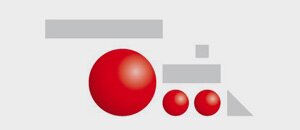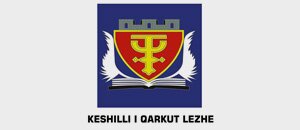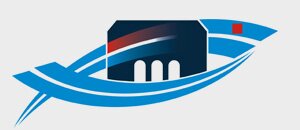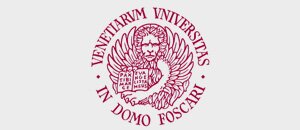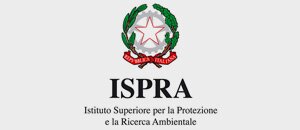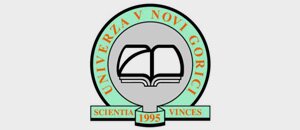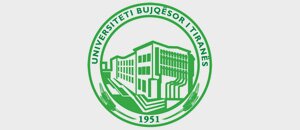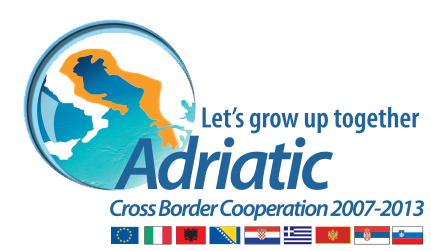Every year, millions of tons of litter end up in the marine environment worldwide, including the Mediterranean. Particularly after the RIO+20 Summit, marine litter is recognized as one of the major pollution problems that damages the environmental, economic and cultural values of the marine environment. It poses a complex and multi-dimensional challenge with significant implications for the marine and coastal environment and human livelihoods. Janez Potočnik, EC Commissioner for Environment and well-known advocate for cutting marine litter in Europe, together with Ioannis Maniatis, Greek Minister of Environment, Energy and Climate Change and Lila Iskanda, Egypt's Minister of State for Environment Affairs, launched on May 12th a series of activities related to Marine Litter in the Mediterranean taking place within the framework of the Greek Presidency of the European Union and back-to-back with the Union for the Mediterranean (UfM) Ministerial Meeting on Environment and Climate Change on 13 May and the informal Meeting of EU Ministers of Environment on 14 May 2014.
The marine litter events taking place during the week of 12-16 May included the following:
- A Marine Litter Experts meeting from the Adriatic Region, within the framework of the IPA Adriatic project entitled: Derelict Fishing Gear Management System in the Adriatic Region (DeFishGear)
- A Conference on Marine Litter and their Sustainable Management in the Adriatic Region, within the framework of the DeFishGear project.
- A 3-day regional training on Marine Litter in the Mediterranean, within the framework of the Horizon 2020 Initiative to depollute the Mediterranean and specifically within the Ηorizon 2020 Capacity Building – Mediterranean Environment Program (funded by DEVCO).
- The launching of an Exhibition on Marine Litter, organized within the framework of the FP7 project entitled: MARine LItter in European Seas – Social AwarenesS and CO Responsibility (MARLISCO).
The Mediterranean Information Office for Environment, Culture and Sustainable Development (MIO-ECSDE) is a partner in all of the above mentioned projects and hosted the events of the week. The events were organized under the auspices of the Greek Presidency of the European Union and the Ministry of Environment, Energy and Climate Change of Greece. More than 500 participants including experts on marine issues, representatives of public authorities, socio-economic stakeholders, educators and students from more than 18 countries, as well as representatvies from European and International organizations and institutions participated in the events.
Note to the editor
Derelict Fishing Gear Management System in the Adriatic Region (DeFishGear): The DeFishGear is an IPA Adriatic funded project aiming to facilitate efforts for integrated planning to reduce the environmental impacts of all types of marine litter in the marine and coastal environment of the Adriatic Sea. The overall goal is to ensure sustainable management and use of marine environments. DeFishGear activities are implemented in the following countries: Albania, Bosnia & Herzegovina, Croatia, Greece, Italy, Montenegro, Serbia and Slovenia [project launched in November 2013, Lead Partner: National Institute of Chemistry, Ljubljana, Slovenia, defishgear.net].
Η2020 Capacity Building – Mediterranean Environment Program, Η2020 CB/MEP: The "Horizon 2020 Initiative" aims to de-pollute the Mediterranean by the year 2020 by tackling the sources of pollution that account for around 80% of the overall pollution of the Mediterranean Sea: municipal waste (including marine litter), urban waste water and industrial pollution. Horizon 2020 was endorsed during the Environment Ministerial Conference held in Cairo in November 2006 and is one of the key initiatives endorsed by the Union for the Mediterranean (UfM). The ENPI Horizon 2020 Capacity Building/Mediterranean Environment Programme (H2020 CB/MEP) aims to support the implementation of the Horizon 2020 Initiative Road Map and Work Plan through capacity building and awareness raising activities, and to promote integration/mainstreaming of environment issues into other sector policies. The H2020 CB/MEP activities are implemented in the 9 Mediterranean countries (Algeria, Egypt, Israel, Jordan, Lebanon, Morocco, Palestine, Syria and Tunisia), 4 Balkan countries (Albania, Bosnia & Herzegovina, Croatia, Montenegro) and Turkey [Lead Partner: University of Athens, www.h2020.net].
MARine LItter in Europe’s Seas: Social AwarenesS and CO-Responsibility (MARLISCO): MARLISCO is an FP7 – Science in Society project – that raises public awareness, triggers co-responsibility across the different sectors and facilitates dialogue between the different stakeholders on both problems and potential solutions regarding marine litter. The MARLISCO activities are implemented in 15 countries of the 4 European Regional Seas, among which are Cyprus, France, Greece, Italy, Slovenia and Turkey [project in full swing, Lead Partner: Provincia di Teramo, Italy, www.marlisco.eu].
For more info contact: Thomais Vlachogianni, This email address is being protected from spambots. You need JavaScript enabled to view it.


